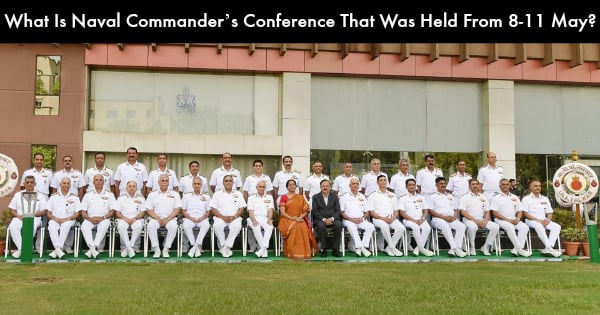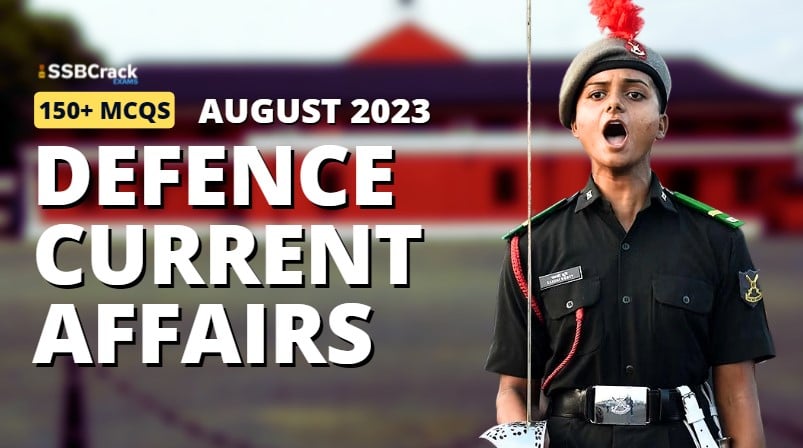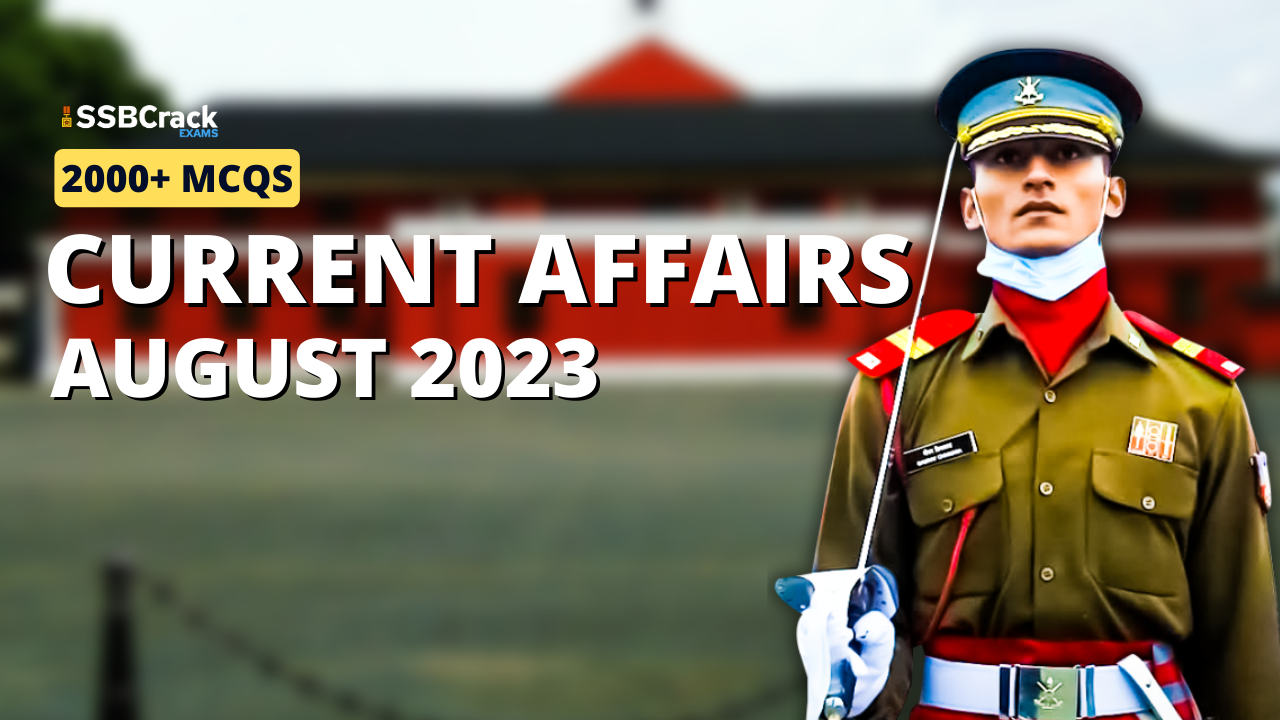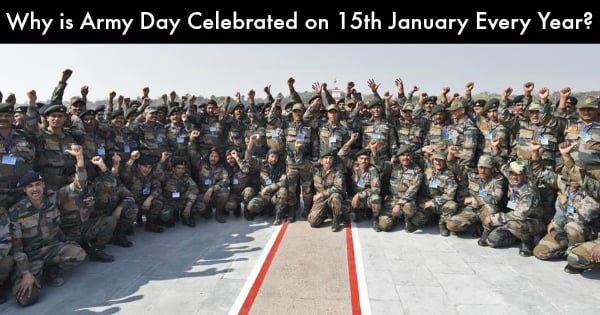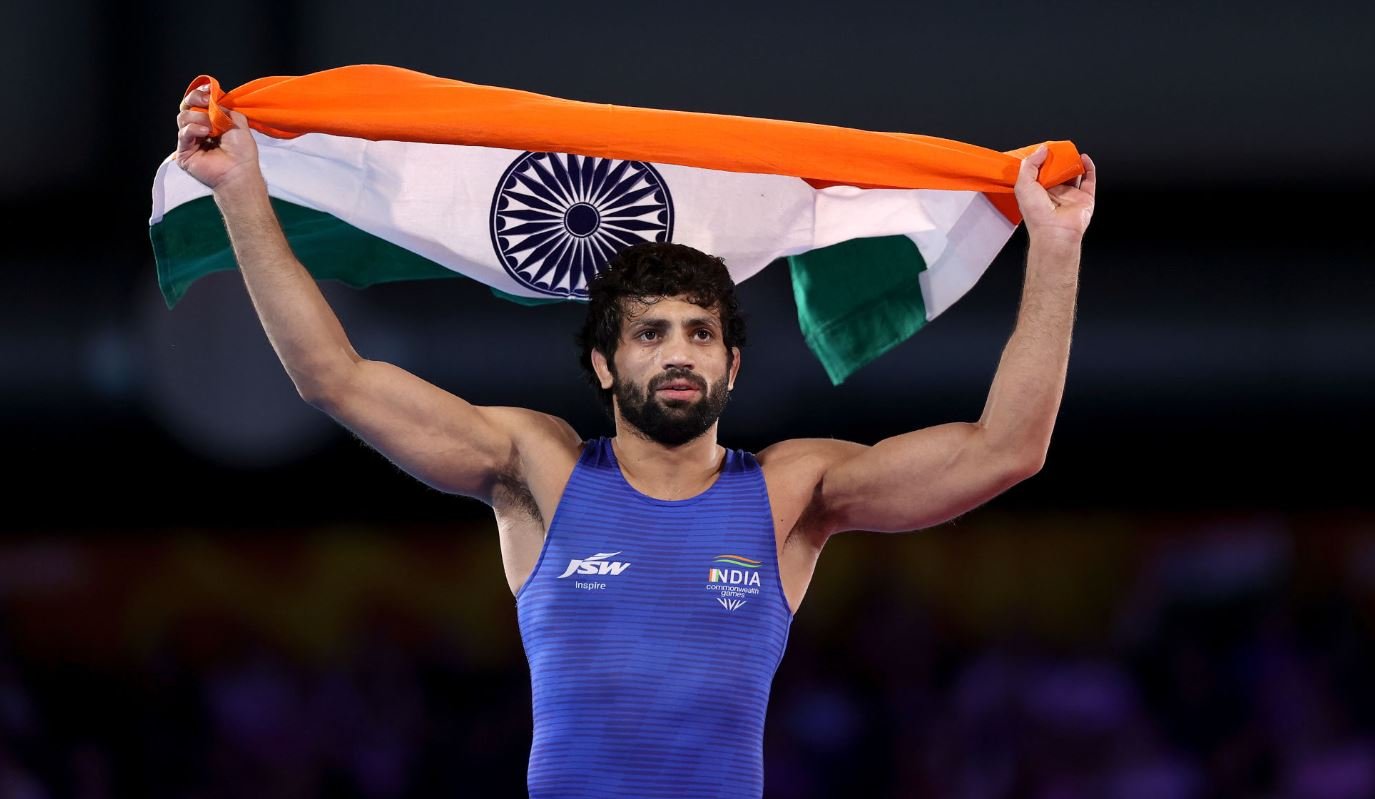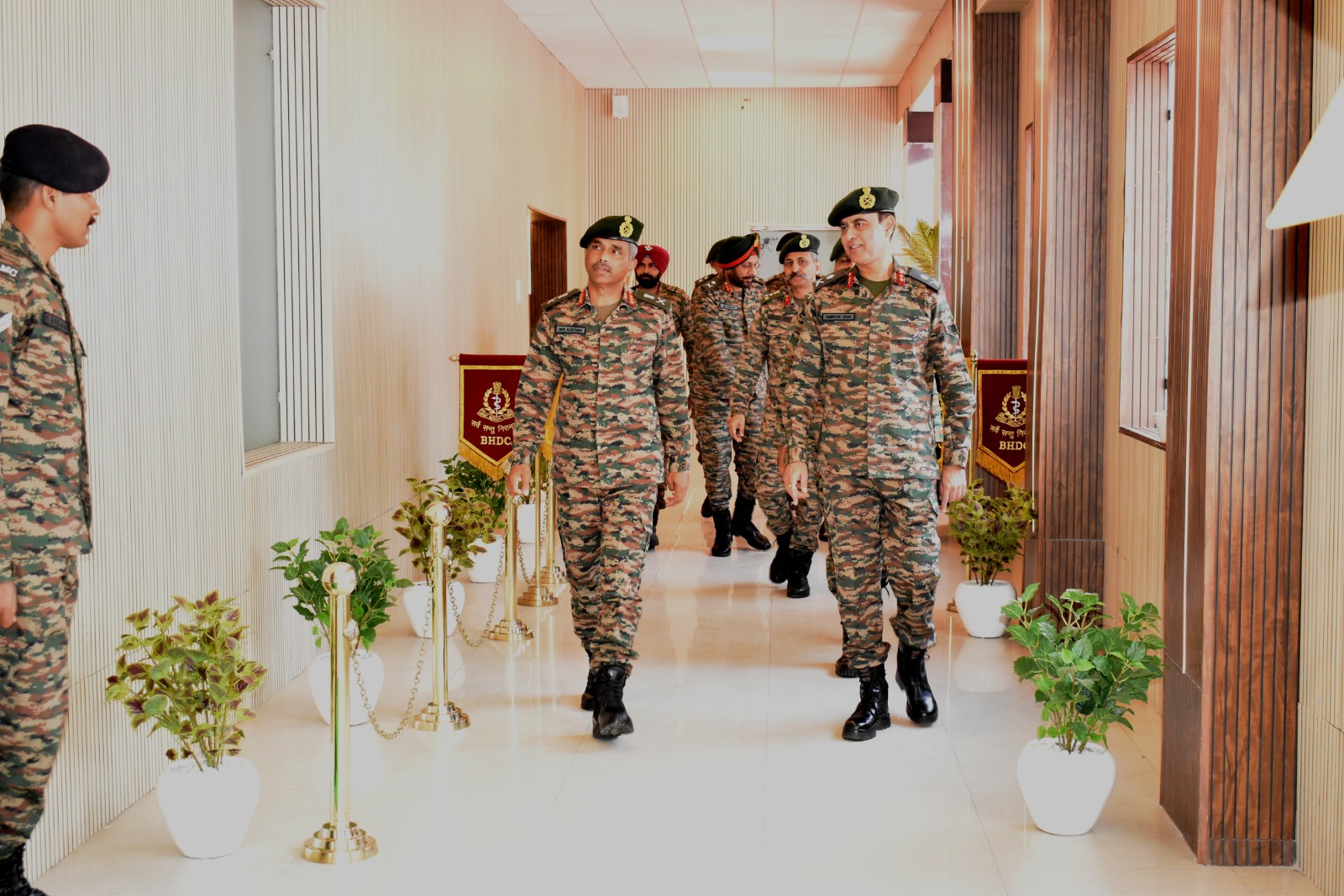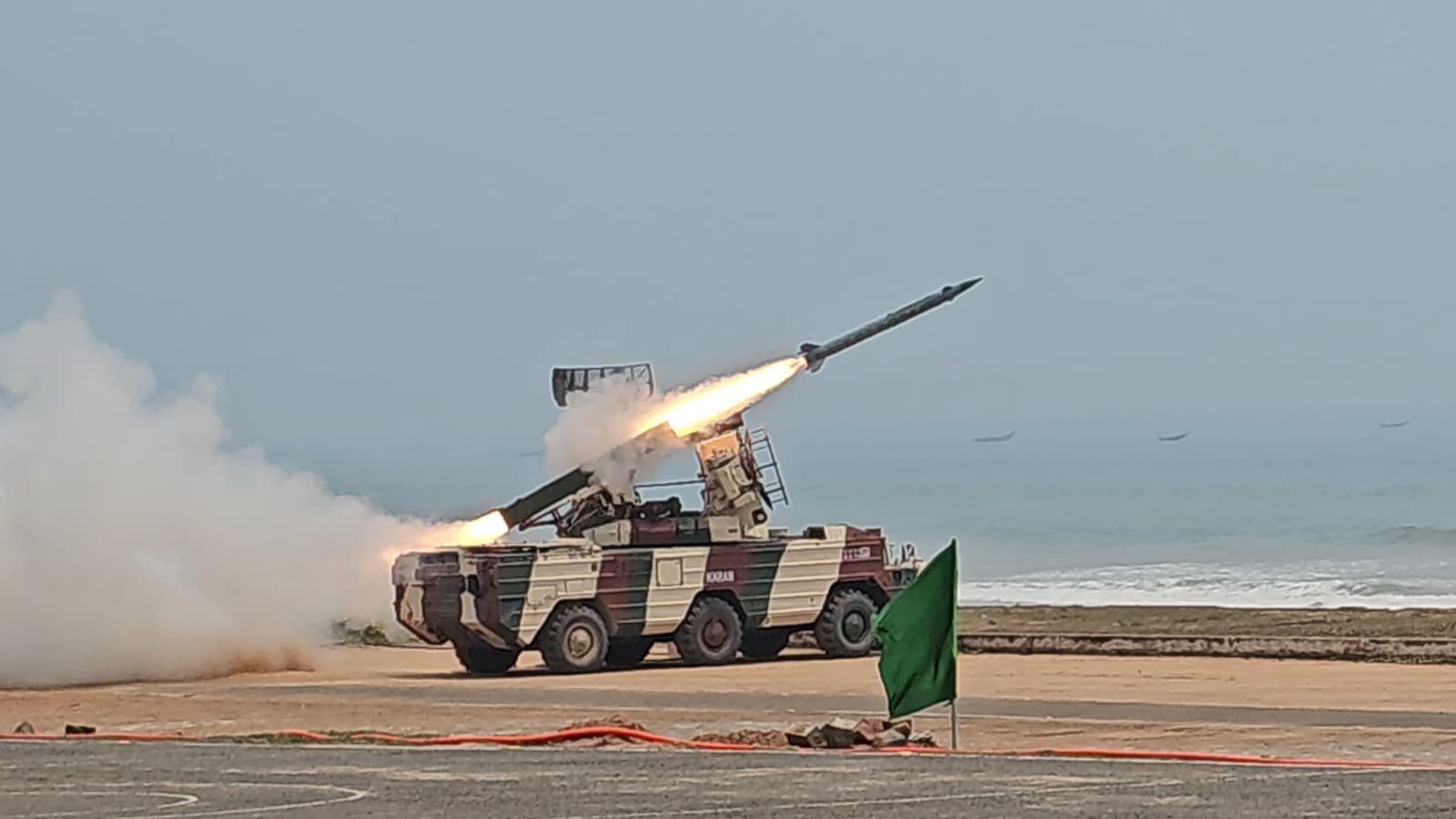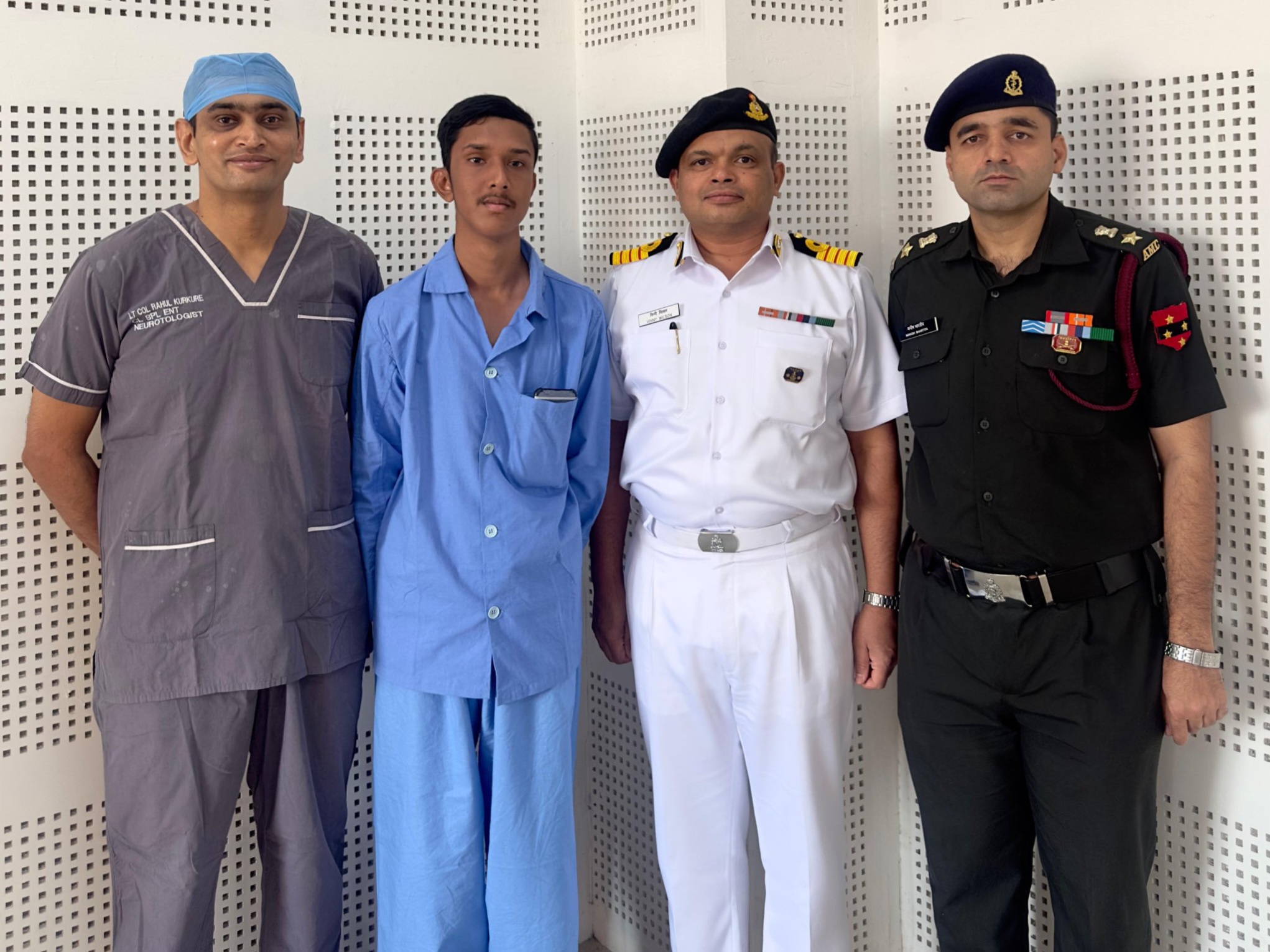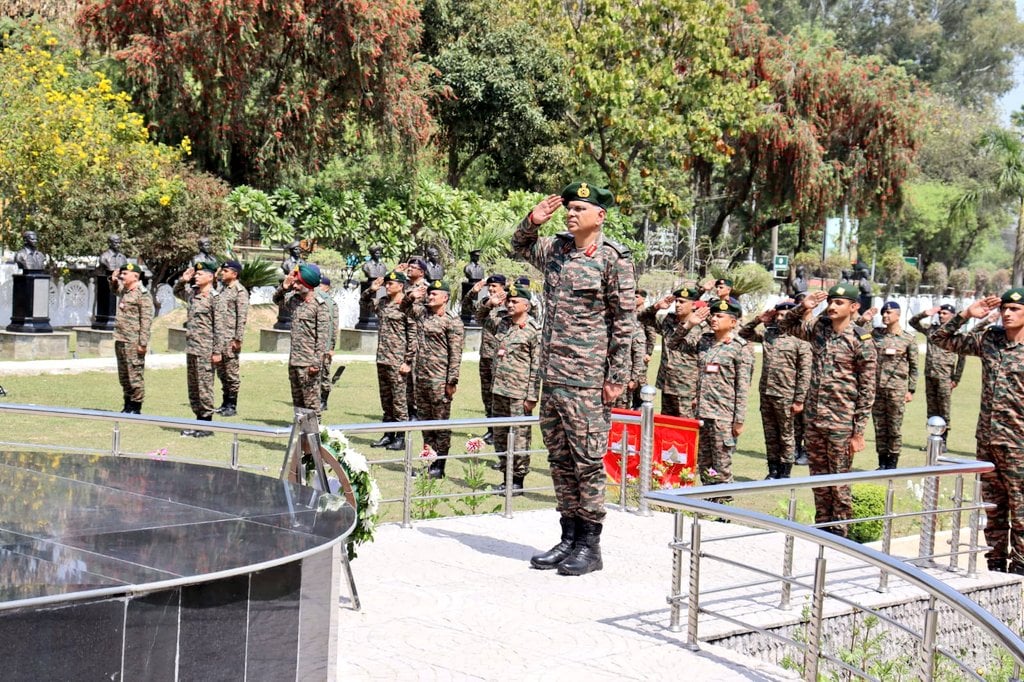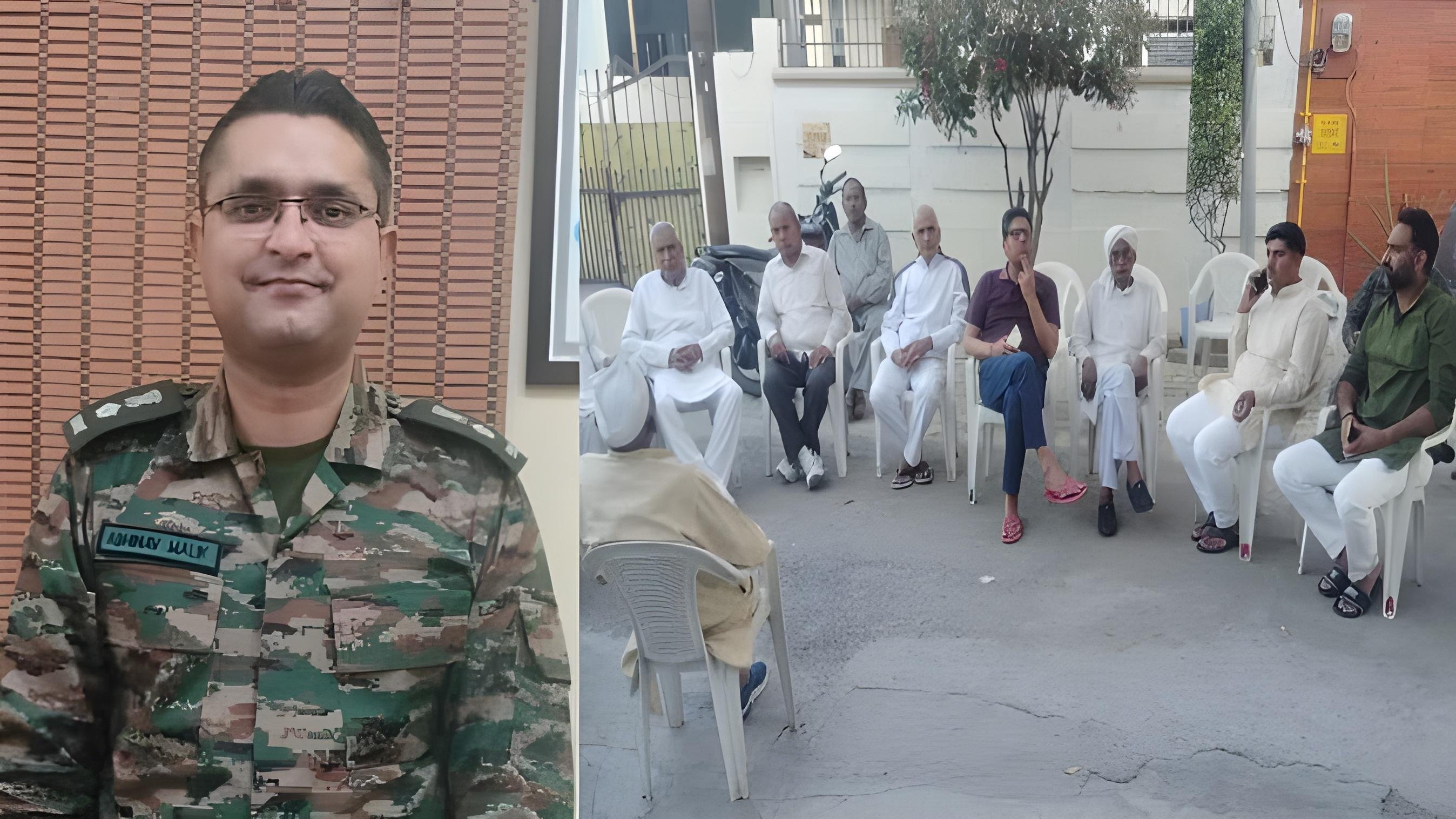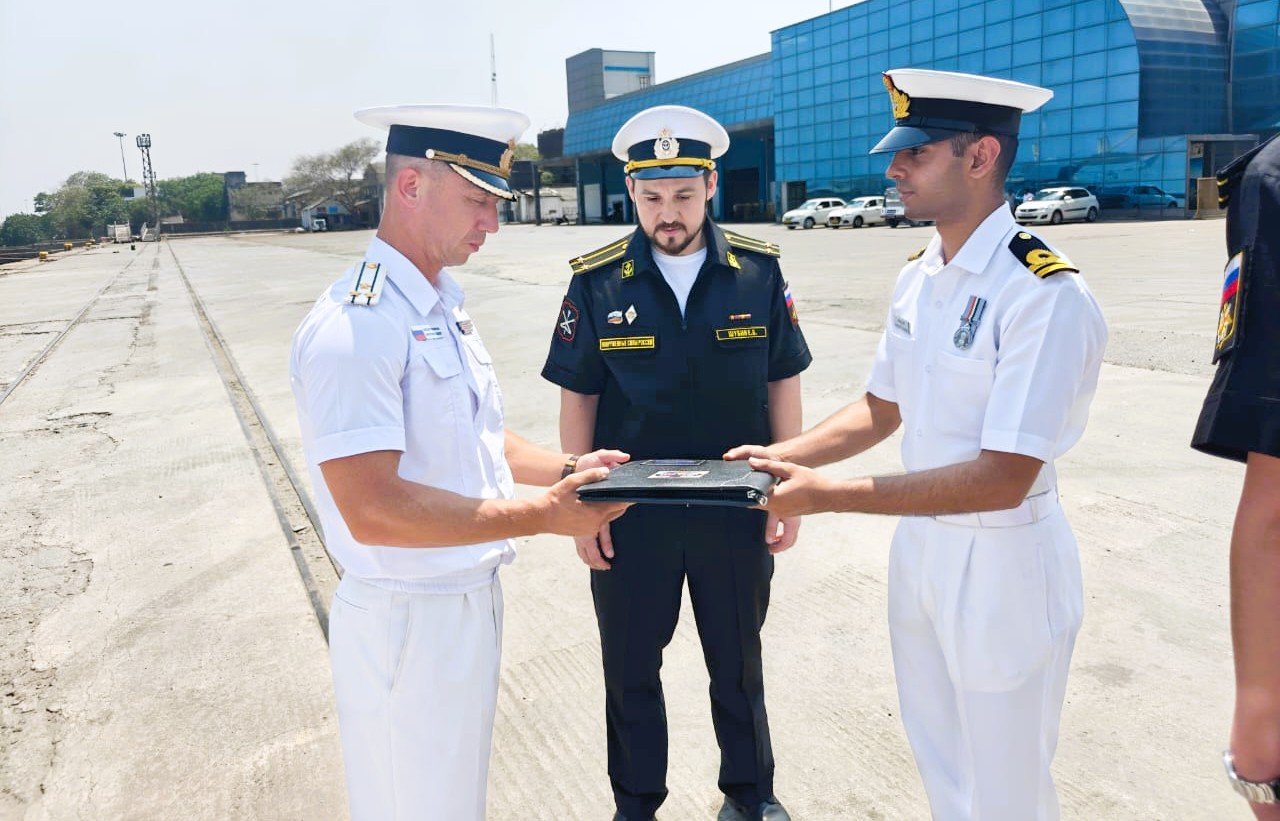The first edition of 2018’s Bi-annual Naval Commander’s Conference was held from 08 to 11 May 2018. During the conference, Navy reviewed its new Mission-Based Deployments philosophy aimed at ensuring peace and stability in the region.
The Naval Commander’s Conference was addressed by the Defence Minister during the inaugural session followed by discussions with the officials of Ministry of Defence. Addressing Senior Leadership of the Navy, the Defence Minister commended the men and women of Indian Navy for their professionalism and dedication in performing the duties of safeguarding the maritime interest of the nation. The defence secretary, the financial advisor in the defence ministry and the Navy have been having talks with an open mind and several issues of concern have seen a “meaningful discussion”.
About SAGAR
The new deployment philosophy, in furtherance of the Hon’ble Prime Minister’s vision of ‘Security and Growth for All in the Region’ (SAGAR), aims at sustained, peaceful and yet responsive presence of Indian Naval ships in critical areas and choke points.
Improving Combat Efficiency
The Navy’s focus over the past year has been on Combat Efficiency and Materiel Readiness, and upkeep of its large fleet of 131 ships and submarines. Various measures taken to improve Combat Efficiency, including the new Transition Cycle for ships for transition from maintenance periods through a training phase and thereon to full scale operations will be examined at the conference.
Measures to ensure safety, continued training, and checks and balances on crew proficiency on-board its frontline warships was also reviewed. An overhaul of the training standards of units by revamping the ‘Ship Operating Standards (SHOPS)’ is also underway. The new SHOPS, set to be unveiled shortly, focuses on Role-based training in realistic scenarios and sets standards to be met by units as also targets individual crew proficiency levels.
Cutting-Edge Technology
The Navy has been at the forefront in the absorption and exploitation of cutting-edge technology. Naval Commanders deliberated upon steps to improve the Teeth-to-Tail ratio and explore niche fields such as Artificial Intelligence and Big Data Analytics. Harnessing cutting-edge technology, specifically those ‘Made-in-India’, to improve organisational effectiveness and efficiency was another key focus area of the Commanders.
The Commanders also deliberated on the optimal utilisation of the Navy’s share of the defence budget through prioritising capital acquisitions and modernisation plans to bridge critical capability gaps. The four day conference culminatd on 11th May.
The Importance
The Indian Ocean, considered the backyard of the Indian Navy, is critical to India’s strategic interests. Over the years, the region has witnessed increasing Chinese presence.
China increased its presence in the Indian Ocean Region by constructing the deep-sea Gwadar Port in southern Pakistan and a naval base in Djibouti in the Horn of Africa. The region also has Chinese ships deployed for anti-piracy operations.
Conclusion
The Indian Navy, in addition to being the primary instrument and manifestation of the nation’s maritime power, has also established itself as a potential tool for military diplomacy. The Navy has been playing an important role in furthering our national and foreign policy objectives through active cooperation and engagement with not just IOR littorals, but maritime nations across the globe.

